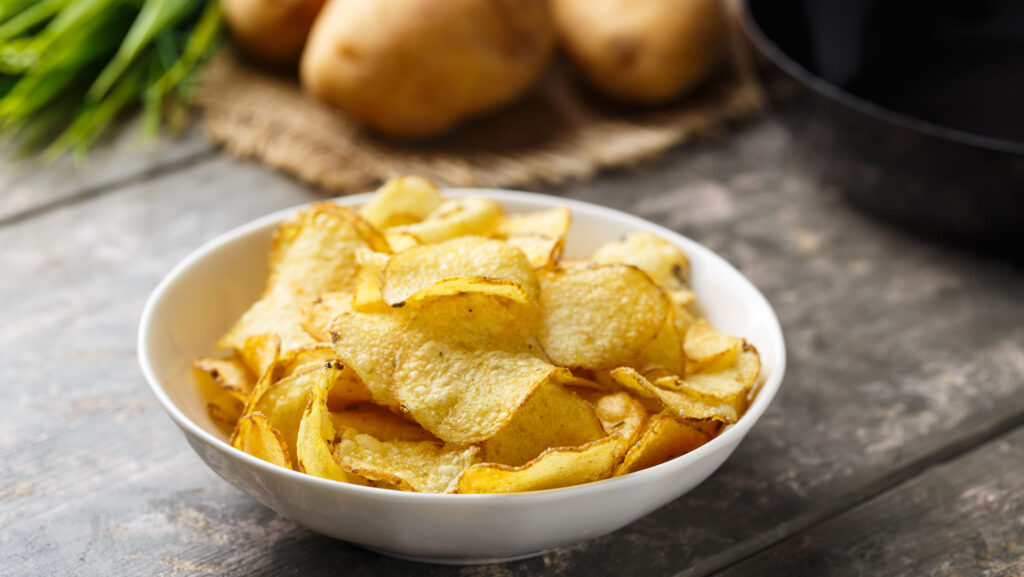Diversification is key to farm survival, says Defra
 © Adobe Stock
© Adobe Stock The key to increasing productivity and viability is to diversify from prime production, Defra officials told a meeting of the Environment, Food and Rural Affairs (Efra) select committee on Tuesday (14 January).
Officials laid out their expectations to the committee for the industry to make improvements, such as by moving into agri-environment schemes and greater diversification of businesses, including moving away from primary production.
See also: Diversification helps fill financial gap for Transition farmers
Asked by committee chairman Alistair Carmichael if help should be made available to those who need it most, Emily Miles, director-general for food, biosecurity and trade at Defra, said the objective of diversifying farm income was to bring parts of the supply chain on to farm, “so you’re not just producing the primary product, but potentially doing some processing or marketing as well”.
“If you’re producing potatoes and you’re then able to turn that into crisps, or if you’re producing flavoured gins, you’re then able to produce a product that can go straight to market, as well as producing the primary thing,” she told the committee.
When asked if that might assist many upland farmers, she added: “It varies by farm doesn’t it, on what the opportunities are.”
Ending direct payments
The push for an increase in productivity and diversification comes as the Basic Payment Scheme (BPS) is being phased out in England.
Ms Miles said: “Ending direct payments means focusing on productivity. The Treasury has always thought that the BPS wasn’t value for money.
“We’re moving to schemes where we’re paying for actions that will improve nature but also hopefully productivity.”
The challenge was about lifting up the least productive farms.
“If they’re not going to be viable then obviously the market will act. I don’t think we can expect every single farm to be viable.”
Actions to increase productivity
The committee further heard that there are actions to improve soil and animal health through the Sustainable Farming Incentive and other schemes, which aim to make a difference to productivity.
“There are particular grant schemes focused on productivity improvement such as the equipment and technology fund, and also the Adopt [Accelerating Development of Practices and Technologies] fund,” highlighted Ms Miles.
So far, schemes put in place by Defra have resulted in a 1% increase in productivity.
With the schemes being competitive and oversubscribed, Mr Carmichael questioned if enough was being done to help farmers.
“If we’re funding the people that are cutting edge and then others are coming to the demonstration farms and seeing them, that then spreads the understanding and change.
“Then there’s just the general incentive through cutting the BPS, meaning others are going to have to think about how to generate more income,” said Ms Miles.
